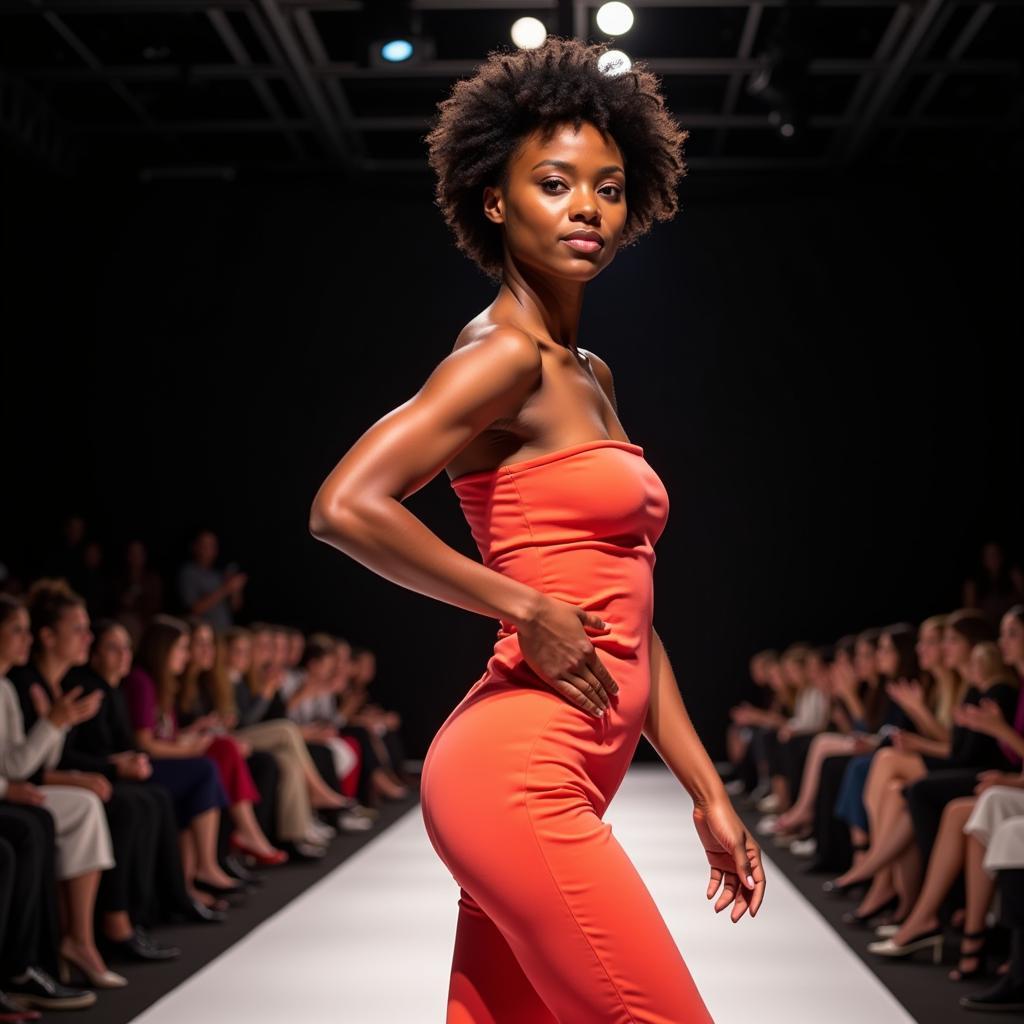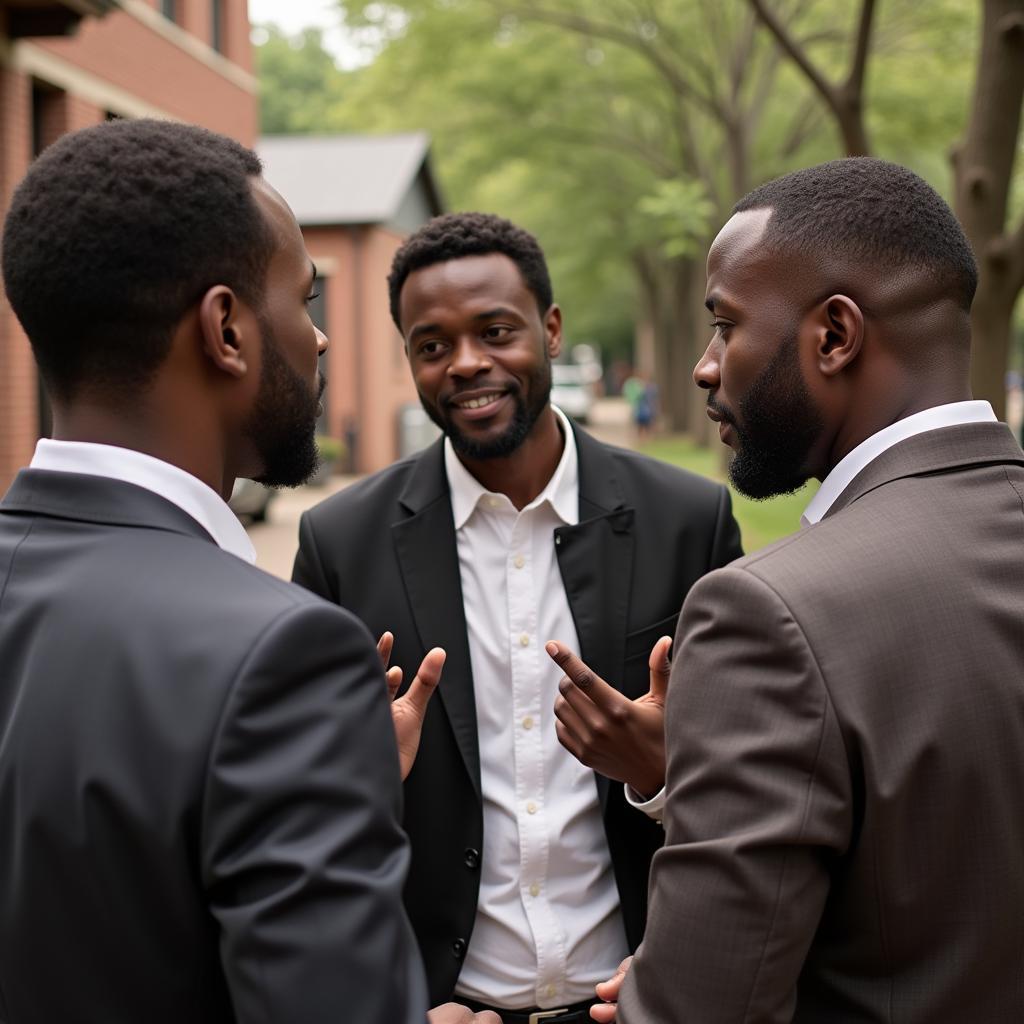African American Motorcycle Clubs: A Legacy of Brotherhood and Freedom
African American Motorcycle Clubs, also known as “Black biker clubs,” have played a significant role in shaping the cultural landscape of the United States, especially during the Civil Rights era. These clubs emerged as a powerful symbol of freedom, unity, and resistance against racial discrimination. Their history is intertwined with the struggles for equality and the pursuit of self-expression, reflecting a shared journey of resilience and brotherhood.
A Legacy of Brotherhood and Resistance
The origins of African American motorcycle clubs can be traced back to the post-World War II era. After serving their country in the armed forces, many Black veterans returned home to face continued racial segregation and discrimination. In a society where opportunities were limited, motorcycle riding became a way to escape the confines of oppression and reclaim their sense of agency.
The first African American motorcycle clubs were formed in major cities across the United States, with names like “The Outlaws,” “The Renegades,” and “The Chosen Few.” These clubs served as spaces for Black communities to forge bonds of brotherhood, challenge social norms, and celebrate their shared experiences.
Riding for Equality and Freedom
The pursuit of freedom was a driving force behind the formation and growth of these clubs. The motorcycle became a symbol of liberation, allowing members to travel freely and explore the open road without the constraints of racial barriers. These clubs provided a platform for Black riders to express their individuality and reclaim their sense of self-worth.
“The motorcycle was more than just a vehicle for us; it was a statement,” said Robert “R.J.” Jackson, a longtime member of the “Chosen Few MC.” “It represented our freedom, our unity, and our defiance against the injustices we faced.”
A Vibrant Cultural Movement
Beyond their political significance, African American motorcycle clubs also played a vital role in shaping Black culture. Their unique style, including distinctive leather jackets, patches, and motorcycles, became iconic symbols of their identity and solidarity.
These clubs often organized rallies, events, and charity rides, bringing together Black communities from across the nation. Their presence at motorcycle gatherings and parades became a celebration of their heritage and a powerful statement of their presence in the American landscape.
Challenges and Controversies
While African American motorcycle clubs have made significant contributions to Black culture and history, they have also faced challenges and controversies. Stereotypes and misconceptions about biker clubs have sometimes led to negative perceptions and unfair treatment.
However, these clubs have persevered, continuing to uphold their values of brotherhood, self-expression, and community engagement. Their resilience and commitment to their ideals have earned them respect and admiration within the motorcycle community and beyond.
The Enduring Legacy
Today, African American motorcycle clubs remain a vibrant part of American culture. They continue to offer a sense of belonging, empowerment, and community to their members. Their legacy serves as a testament to the enduring spirit of Black riders and their unwavering pursuit of freedom, unity, and self-expression.
Frequently Asked Questions
Q: What are some of the most notable African American motorcycle clubs?
A: Some of the most recognized African American motorcycle clubs include the “Chosen Few MC,” “The Outlaws MC,” “The Renegades MC,” and “The Black Pistons MC.”
Q: What are the main values and principles of African American motorcycle clubs?
A: The values of brotherhood, unity, respect, and freedom are central to these clubs. They often emphasize community involvement, charity work, and supporting one another through thick and thin.
Q: How have African American motorcycle clubs contributed to Black culture?
A: These clubs have played a vital role in shaping Black culture by creating a sense of identity, fostering community, and celebrating Black pride. They have also challenged racial stereotypes and contributed to the fight for social justice.
Q: What are some of the challenges faced by African American motorcycle clubs?
A: Stereotypes, misconceptions, and unfair treatment are among the challenges these clubs face. They have also encountered resistance from some law enforcement agencies and discrimination within the larger motorcycle community.
Q: What is the future of African American motorcycle clubs?
A: These clubs are likely to continue their legacy of brotherhood, freedom, and community engagement. They remain a vital part of American culture, offering a space for self-expression, empowerment, and unity to Black riders across the nation.

